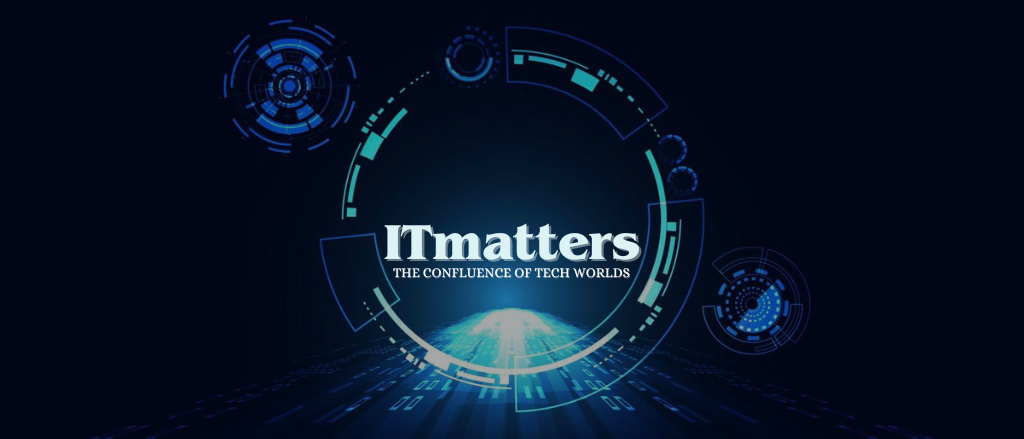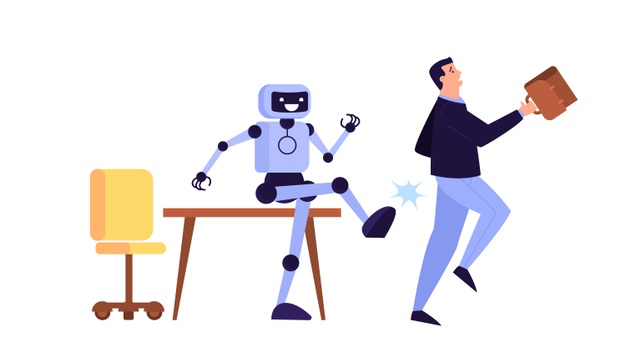AI Is Already Disrupting Jobs, Now People Are Getting Anxious
Artificial intelligence (AI) is no longer just a future threat, it’s already changing how people work. From automated customer support to AI-generated content and predictive algorithms in finance, industries are replacing tasks once handled by humans. As AI continues to reshape the workforce, concerns about job loss are rising sharply.
Now, a new study reveals just how deeply those fears are taking root. The research, led by ZeroBounce, ranks countries based on how anxious their populations are about AI taking over jobs. Using search trends and sentiment analysis, the study highlights where anxiety is growing fastest and why.
At the top of the list stands the United States, where people search about “AI job loss” more than anywhere else. With a total of 440,000 searches, Americans are showing clear signs of worry. This, combined with a moderate 54.5% positive AI sentiment, gives the country an anxiety score of 100 — the highest in the world.
Why the United States Is So Anxious?
The US has seen rapid adoption of AI across industries. But this tech boom also brings uncertainty. Americans seem to view AI as a double-edged sword. While it boosts productivity, it also raises questions about long-term job security. This tension shows in the data, where high search volumes signal widespread concern.
The “intensity rank” of 3 further suggests that AI job concerns are a core issue. It’s not just an economic problem—it’s an emotional one too. People are looking for answers, and they’re turning to search engines to find them.
Mexico’s Optimism Doesn’t Reduce Job Fears
Mexico ranks second in the list with an anxiety score of 84.4. Interestingly, 75% of people in Mexico view AI in a positive light. Still, 120,600 searches about AI job loss indicate that positive views do not ease employment concerns.
This reveals something important. In countries with weaker economic safety nets or developing tech sectors, even optimistic populations worry about job stability. The emotional weight of AI’s rise is not just about trust in technology—it’s deeply tied to economic realities.
The UK and Canada: Different Paths, Similar Concerns
The United Kingdom comes third, scoring 68.3 on the anxiety index. With 120,000 searches and a relatively low 55% positive sentiment, the UK shows that AI worries cut across all segments of society.
Canada, at fourth place, has a more balanced take. With 77,000 searches and a 64.3% positive sentiment, the country’s anxiety score stands at 53.6. This suggests that national context — like public discourse and economic stability — can influence how people feel about AI and jobs.
The UAE and South Korea Offer a New Perspective
Despite having only 13,000 related searches, the UAE ranks fifth with an anxiety score of 49.4. Its 56% positive sentiment shows a cautious optimism. But adjusted for population, anxiety still runs high. This suggests that small nations aren’t immune to AI’s psychological impact.
South Korea, at number six, reflects a country that knows tech well. With 23,000 searches and 58% positive sentiment, it scores 35.9. Its relatively lower score shows that cultural readiness for rapid change might ease some AI-related fears.
Europe Shows Lower Anxiety
Germany, the EU’s largest economy, ranks seventh. It has 35,013 searches and the highest positive sentiment among the top seven at 60.4%. Its anxiety score is just 30.8, much lower than the UK’s, despite stronger tech leadership. This suggests a more grounded view of AI and its impact on jobs.
France, Spain, and the Netherlands complete the top ten. These nations show relatively low anxiety scores, with fewer searches and stronger public optimism about AI. Spain, in particular, ranks lowest in intensity — showing that people there are more concerned with other national issues.
What the AI Anxiety Score Really Tells Us?
The AI Anxiety Score is a unique way to understand public fears. It combines actual search behaviors with public sentiment, giving a fuller picture. Countries with high scores tend to have both strong concerns and active online behavior around AI job loss.
But the numbers also hint at deeper issues. In many places, fear about jobs is not just about AI, it’s about economics, culture, and policy. The data shows that trust in technology doesn’t always translate to peace of mind.
Next Move?
As AI continues to reshape work, global anxiety about job security is unlikely to fade soon. This study gives a glimpse into how different countries view this shift. Whether it’s due to economic instability, cultural resistance, or lack of public understanding, the fear is real. And it’s growing.
The challenge now is not just to build better AI, but to build better trust, better education, and stronger safeguards for workers worldwide.







Leave a Reply